1. Rebuilding Connections For Mental Well-BeingTM (12hr)
Description:
Inspired by Johann Hari's "Lost Connections," this foundational training supports a wide variety of professionals that support individuals living with mental illness and/or poor mental health. Using a human-centered approach to building safety and connection, this training explores the evolution of mental illness and how systems have required the behaviors connected with mental illness for humans to survive.
The training helps build a strength-based narrative and accurate accountability for the colonized approach that surrounds mental health. We take a community-based approach to building connections and resource access for professionals and individuals that work and live with mental health challenges. We encourage you to bring your stories and your wisdom as we work towards building a strength-based approach to supporting the humanness of changes in our mental health.
Objectives:
- Identify the adaptive purposes of mental illnesses and the basis of mental well-being.
- Explore how to de-pathologize approaches to understanding mental health and adopt a more strength-based approach.
- Engage in open discussions about mental health to lead to de-stigmatization.
- Investigate techniques for engaging in pre, post, and intervention for someone who may be struggling with their mental health.
- Explore the basics of different mental health disorders and trauma-informed approaches.
Related:
Compassion to Action™ (6hr)
QPR Suicide Prevention (3hr)
Understanding Suicide (6hr)
Transforming Practice through Trauma-Informed Principles(12hr)
Trauma-Informed De-escalation Strategies(TIDeS)™ (6hr)
2. Fostering a Healthy Relationship with Food (3hr)
Description:
Through engaging discussions, interactive exercises, and case studies, participants will gain a deep understanding of the challenges faced by individuals with eating disorders and learn practical strategies to provide empathetic and effective support. This session will emphasize the importance of building trust, promoting self-compassion, and creating a safe and non-judgmental environment.
Objectives:
- Discuss case studies and lived experiences related to variations in relationships with food.
- Examine tools, resources, and exercises to support a healthy relationship with food.
- Discover a strength-based common language to support individuals working on their relationship with food.
Related:
Human-Centered Approach to Eating Disorders(3hr)
Rebuilding Connections For Mental Well-Being™ (12hr)
3. Human-Centered Approach to Eating Disorders(3hr)
Description:
In this session, we will explore a human-centered approach to supporting individuals living with eating disorders. This Training program acknowledges that it does not provide clinical perspectives and does not replace medical intervention. Instead, it aims to equip participants with the knowledge and skills to offer compassionate support within their respective roles while recognizing the critical role of healthcare professionals in the treatment and care of individuals with eating disorders.
Objectives:
- Identify the various types of eating disorders, their characteristics, and their impact on individuals' lives. Recognize the cognitive and emotional thought patterns behind major eating disorders and their influence on behavior and self perception.
- Develop empathy and demonstrate a non-judgmental attitude towards individuals with eating disorders, fostering a supportive and safe environment for recovery.
- Apply effective communication strategies to engage in meaningful conversations with individuals living with eating disorders, promoting trust and understanding.
- Demonstrate knowledge of the unique challenges faced by individuals with eating disorders and implement appropriate support strategies address their physical, emotional, and psychological needs.
- Identify resources and referral options for ongoing support, including professional treatment, community support groups, and online resources.
- Understand the importance of self-care for supporters and develop strategies to establish healthy boundaries while providing continuous support.
Related:
Fostering a Healthy Relationship with Food (3hr)
Rebuilding Connections For Mental Well-Being™ (12hr)
4. How Hoarding Behaviour Intersects with Trauma (3hr)
Description:
Explore hoarding behavior and hoarding disorder and build a compassionate lens by understanding how trauma can play a role. Examine the hoarding scale and how to identify hoarding behavior early on and the best practices on how to tackle some of the challenges around hoarding, excessive acquisition and excessive collecting.
Objectives:
- Explore the connection between hoarding and mental health.
- Discuss Strength-based collaboration and connection for individuals living with hoarding.
- Discover Tools and strategies to support a human-centered approach to cleaning and organizing people living with hoarding challenges.
Related:
Rebuilding Connections For Mental Well-Being™ (12hr)
5. Mental Health First Aid Supporting Older Adults (10hr)
External Certification (ONLINE)
Description:
Mental Health First Aid Supporting Older Adults (MHFA SOA) is an evidence-based training by the Mental Health Commission of Canada (MHCC) designed for people who have frequent contact with older adults such as continuing care, home care and seniors lodge staff as well as family members, friends, public and private caregivers, community health workers, and volunteers.
A 2-hour introductory module must be completed prior to participating in the 8-hour live session online.
MHFA SOA trains participants to effectively respond to an emerging mental health problem or crisis until the situation is resolved or appropriate treatment is found. Some of the topics covered within this training are:
1.Panic attacks and acute stress reactions
2.Substance-related disorders
3.Mood-related disorders
4.Anxiety and trauma-related disorders
5.Psychosis and psychotic episodes
6. Dementia
Objectives:
- Recognize the symptoms of mental health problems or risks as they develop in seniors.
- Provide the initial help to seniors.
- Guide a senior and caregiver toward appropriate professional help.
- Provide strategies and resources to support both seniors and their caregivers
Related:
Mental Health First Aid Seniors(14hr)
6. Mental Health First Aid Seniors(14hr)
External Certification (IN-PERSON)
Description:
Mental Health First Aid Seniors is an adaptation of the MHFA Basic course that is intended to increase the capacity of seniors, families (informal caregivers), friends, staff in care settings and communities to promote mental health in seniors, prevent mental illness and suicide wherever possible in seniors and intervene early when problems first emerge.
Objectives:
- Recognize the symptoms of mental health problems or crises as they develop in seniors. Provide the initial help to seniors.
- Guide a senior and caregiver toward appropriate professional help.
- Provide strategies and resources to support both seniors and their caregivers.
Related:
Mental Health First Aid Supporting Older Adults (10hr)
7. QPR: Suicide Prevention (3hr)
External Certification
Description:
Imagine Institute for Learning is certified by the QPR Institute to provide suicide prevention training. QPR teaches the warning signs of a suicide crisis, how to offer hope through positive action and ultimately, how to assist in saving a life. The three basic steps for this training workshop include:
Question - the individual's desire or intent regarding suicide.
Persuade - the person to seek and accept help and support.
Refer - the person to the appropriate resources.
This three-hour training workshop is designed and created to talk openly about suicide and to reduce the stigma that is attached. The plan is to provide better awareness and knowledge to service providers, front-line workers, and others so that they are trained to detect signs of suicidality and equipped to refer to the appropriate assistance and support.
Related:
Understanding Suicide (6hr) Understanding Loss and Grief (3hr)
8. Understanding Loss and Grief (3hr)
Description:
This three-hour workshop explores the various forms of loss and the variability of grief responses across the human experience. Participants will have the opportunity to reflect on the universality of loss, including their own personal losses, as they feel comfortable. In addition to gaining knowledge about loss and grief, participants will walk away with strategies to use for supporting others through the grief process, such as communication and validation, therapeutic rituals, and meaning-making
Objectives:
Identify various types of loss.
Explore the spectrum of grief responses, focusing on each experience being unique.
Engage in developmentally appropriate responses to the grief process and support individuals in meaning- making.
Related:
Understanding Loss and Grief: During Holidays and Celebrations (3hr)
Understanding Loss and Grief in Children (3hr)
Moving from Self-Care to Self-Sustainability (3hr)
9. Understanding Loss and Grief: During Holidays and Celebrations (3hr)
Description:
This three-hour training explores various forms of loss and the grief that accompanies significant life changes and ways to help navigate holidays and celebrations. Through discussion and stories, a deeper understanding of how to support those that may be having difficulty "getting in the spirit" or finding ways to cope will be established.
Objectives:
- Explore different types of loss and grief.
- Explore how holidays and celebrations can affect expressions of loss and grief.
- Share ways to navigate the stresses that come with holidays and celebrations.
Related:
Moving from Self-Care to Self-Sustainability (3hr)
Understanding Loss and Grief (3hr)
Understanding Loss and Grief in Children (3hr)
10. Understanding Loss and Grief: Navigating Change in the Workplace (3hr)
Description:
In this three-hour workshop, ambiguous loss is explored as a part of workplace culture that leaves people feeling frustrated, unheard and hurt. Using the wisdom in the room, a variety of losses that affect our work environment will be unpacked, as well as the grieving process that accompanies losses at work.
Objectives:
- Discover a variety of ways that loss and grief show up in the workplace and how they can affect retention and mental health.
- Apply the element of change to the context of loss and grief in the workplace.
- Explore that even good change comes with some loss.
- Discuss a variety of strategies and tools to help navigate and appreciate the losses and grief that come with changes in the workplace.
Related:
Building Psychological Safety in the Workplace (12hr)
Fostering Reflective Practice in the Workplace (6hr)
Workplace Culture and Playfulness (3hr)
11. Understanding Suicide (6hr)
Description:
Participants will engage in suicide prevention through the lens of empathy and personal connection. The knowledge shared will help participants engage with individuals experiencing suicidal ideation in meaningful ways, without focusing explicitly on intervention strategies. A significant part of the course is represented by sharing the experience that individuals who struggle with suicidal ideation and attempting suicide go through and survive. We will take a direct, unflinching look at why people take their own lives, so this is not intended to be a light-hearted session. Please take the time to assess your emotional and mental readiness to be present. We take a much deeper dive into suicide than traditional intervention courses.
Objectives:
- Review the historical existence of suicide and the opinions shared by different societies.
- Examine multiple theories and contributing factors to build a holistic perspective of why people both feel suicidal and take their own lives.
- Practice having empathy for and understanding the perspective of those who attempt or die by suicide.
- Explore insights from attempt survivors around the experience of suicide, including its effect on the attempter as well as their loved ones.
- Shift from seeing suicide as a choice or impulsive event to an outcome or the final step of an extended process.
Related:
QPR: Suicide Prevention (3hr)
Transforming Practice through Trauma-Informed Principles (12hr)
Rebuilding Connections for Mental Well-BeingTM (12hr)
Contact us
Address
7 Sir Winston Churchill Sq NW, Edmonton, AB, Canada
780-428-9465
info@imagineinstitute.ca
CONTACT
Imagine Institute For Learning
#624, 7 Sir Winston Churchill Square NW,
780-428-9465
Toll free: 1-877-652-1524
© Copyright 2023 | Imagine Institute for Learning


